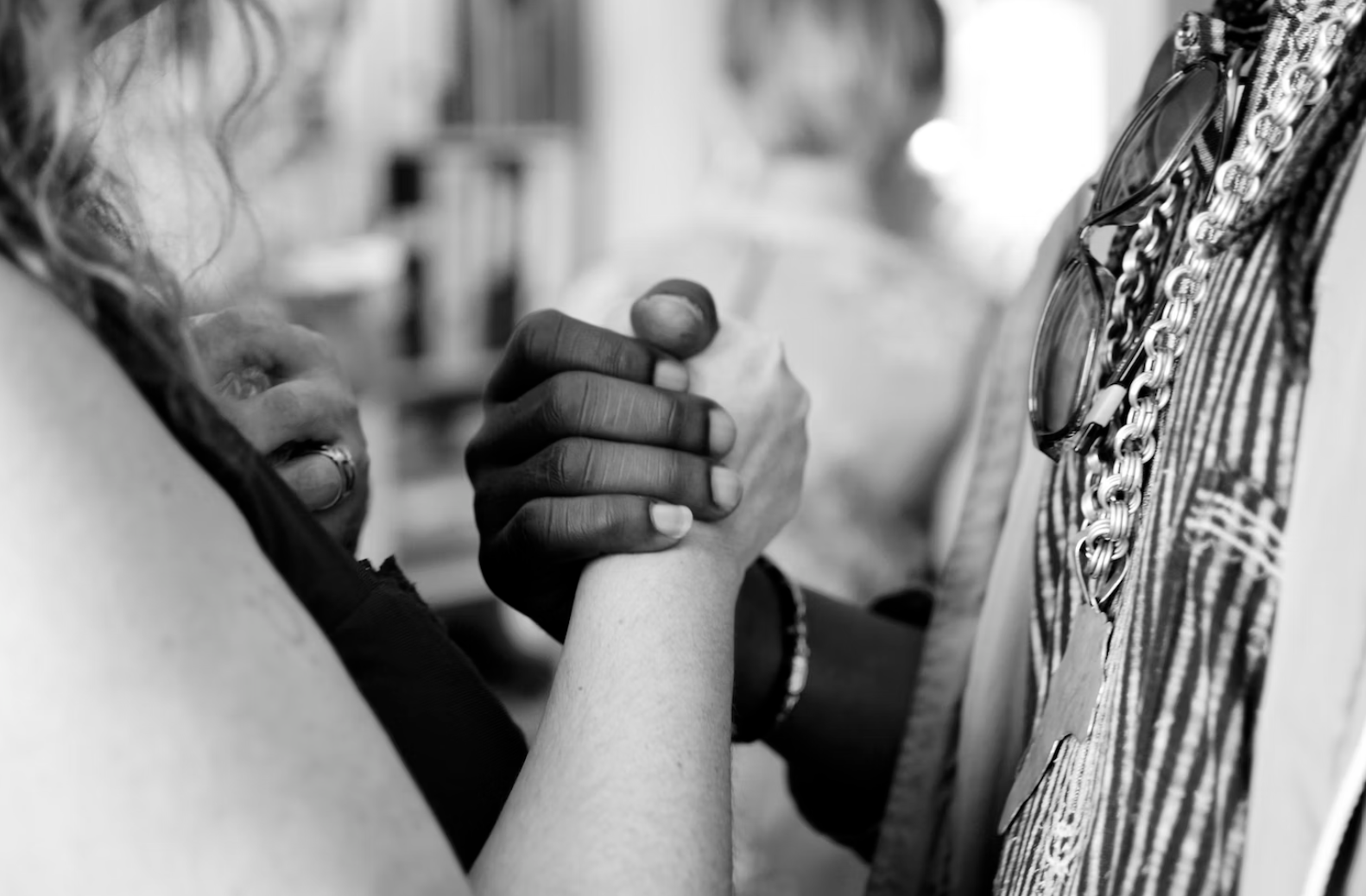Reconciling religion with secularism
There is beauty in listening to all viewpoints.
When I was young, my paternal grandfather passed away from colon cancer. I did not know him well, but he was a stern man who loved his children loyally. Though the recollections are nebulous, I recall that when he died, there was a distinct outpouring of sorrow in the form of upholding religious practices and conventions. It was almost as if holding onto the family’s shared spirituality would close the distance between my grandfather’s withering soul and my father’s living one.
The constant recitation of prayers after my grandfather’s death, and my father’s hands continually held up in supplication—more than they usually were—were common spectacles. As a young child, I remember thinking there were perhaps more interactive and engaging ways to preserve my grandfather’s memory.
I did not understand why my father chose to grieve his loss in such an isolated fashion, with only him and his God. I was an uncertain and skeptical child at best, and this confusion and awkwardness with religious customs and ideas continued into my teens.
Since then, my personal views on religion have changed immensely; I do not believe in a conventional God within an institutionalized religion. Still, the term “atheist” seldom encompasses all the possibilities and ideas I do believe in and that I think are incredibly relevant in today’s increasingly secular and religiously disenchanted society.
To me, an atheist is someone who has explored the breadth of what religion has to offer and has decided that, perhaps, they will explore the world they live in a different way—they will find their earthly purpose elsewhere and with different means. Now, however, the continual debate between science and religion has produced militant atheists who feel the need to assert their ideological superiority through their rejection of God. The popular rise in atheism and secularism makes it increasingly unfavorable, and even unscientific, to give credit to religious establishments and spiritual thinking as a key evolutionary step in the development of human societies.
But why did our ancestors create cave art when it served no immediate utility or enhanced survival?
And were early religions a way in which people not bonded by kinship formed communities to better protect each other outside of their gene pools?
The answer is yes!
Like many people in the scientific community, I used to view religion as a remnant of evolutionarily advantageous behaviour that was only relevant during the infancy of human civilizations, and that due to the victories of modernism and the conflicts caused by religious wars, religion was best left as a memory of the past. I believed my species could conquer the world and the woes of the human condition simply through secular thinking and in secularized communities.
I am older now, and perhaps I have a bleaker vision of the world, but my biggest fear for the past couple of years has been the continued obsolescence of religion as a means to understand the human story—to understand ourselves beyond the confines of scientific explanations. Physical laws and biology are excellent for understanding the external world and who we literally are, but they do not encompass the complexity of the human condition; they remain unsatisfactory in consoling us during times of global or existential conflict, and they are insufficient tools when describing the emotions we feel when immersed in the transcendental beauty of nature.
In other words, religion is powerful because it can get people to a place of emotional connection with the world that science fails to. Moreover, religion allows this to happen in a communal fashion. There need not be a rift between religion and science, between spirituality and pragmatism. The understanding that most compliments my evolving worldview is that science is the language used to describe and interpret the various features of the world and that religion is the language used to connect us with those features in a distinctly human way. Both are needed to express ourselves and to understand who we are and where we are headed.
For example, death is a scientific inevitability that arises from our biological systems wearing out and eventually failing over time, but will this explanation be enough to save people from the torrent of philosophical and emotional anguish that accompanies the passing of a loved one?
It certainly was not enough for my father.
I realize now that we as people have been fine-tuned by nature to be conscious of certain things—the passage of time, the lingering of grief, a flourishing desire—more than any other species. So, we need something that no other species has, in order to compensate for such added, sometimes excruciating, abilities. I think that the reductionist and oversimplified approach of many thinkers who discredit religious utility can cause real harm.
As the power of info-technology grows and the advances in bioengineering continue to redefine the course of humanity, it is easier than ever to let wisdom slip through the cracks of change and to fall into nihilism. Therefore, it is more urgent than ever that we hold onto stories of what it means to be wonderfully human—and that includes the stories of religion.
Associate Opinion Editor (Volume 50) — Mashiyat (”Mash”) is a second-year student completing a specialist in Neuroscience and a double minor in Biology and Professional Writing and Communications (PWC). As an associate opinion editor, she hopes to use her voice to encourage others to write freely and unabashedly about the things that mean most to them. In her free time, Mash can be found striking up conversations with strangers in the city, cooking for her family, and being anxious about her nebulous career plans!


